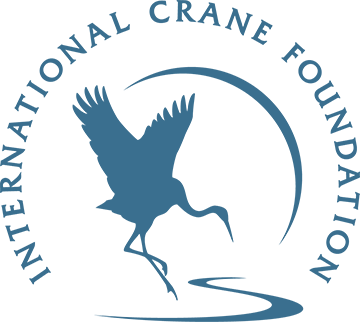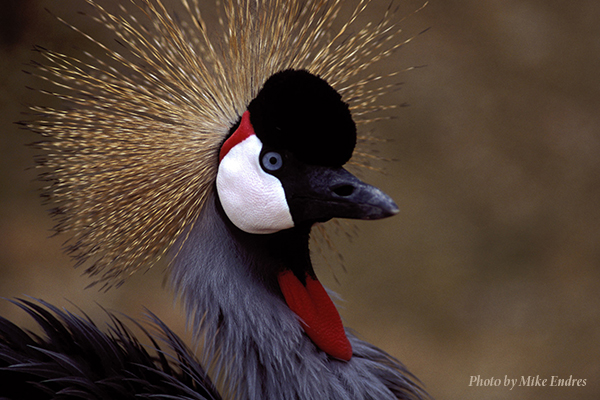
A headwater of the Nile River, Rugezi Marsh, lies in a high-elevation valley in northern Rwanda. The Marsh’s catchment is almost 100 percent converted from tropical forest to small scale agricultural plots in an incredibly steep landscape within the continent’s Albertine Rift. The marsh is home to a growing Grey Crowned Crane population that coexists with a likewise growing human population.
The Africa Crane Conservation Programme started a new project at the Marsh in 2015. Over the last five years, we built on our community-based work and strengthened our relationships with the authorities in the region’s Districts – all with strong support from our partner in Rwanda, the Integrated Polytechnic Regional College-Kitabi.
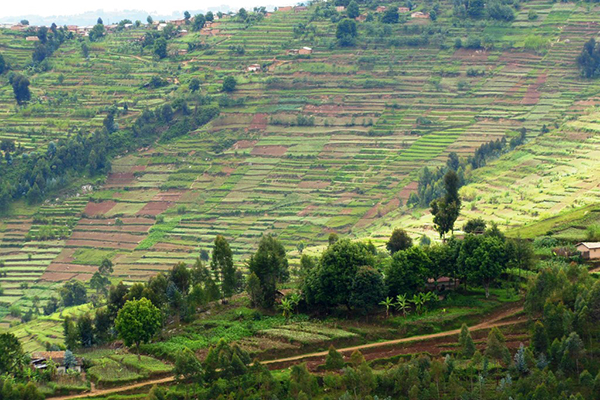
One of our key projects focuses not directly on cranes but Napier Grass. Rwanda has a zero-grazing policy around Rugezi Marsh, and yet almost every household has a cow that needs fodder. This necessity means that community members enter the marsh illegally to harvest fodder, resulting in overharvesting of vegetation from the marsh and conflict with the authorities. The increased human disturbance around breeding Grey Crowned Cranes also negatively impacts the cranes’ success in hatching and raising chicks.
Over the past 24 months, we have collaborated with the authorities on introducing Napier Grass to the local communities adjacent to the marsh, and the authorities provided us with two areas as nurseries for this project. The grass provides much needed cattle fodder while also improving soil and water conservation by limiting erosion along the valley’s steep banks.
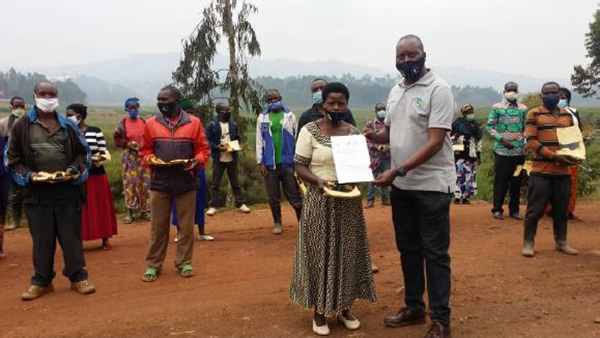
This summer, we signed conservation agreements with two farmer groups totaling 100 members in Burera District. The agreements aim at reducing vegetation harvesting from Rugezi Marsh. Each group member was given four hoes and received Napier Grass seedlings in September/October during the rainy season. The farmers have also received training in fodder management and livestock feeding. In return for these benefits, the farmers have committed to do the following:
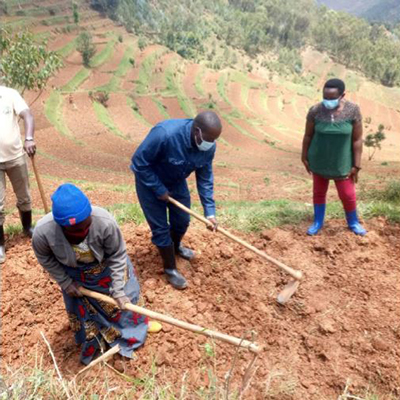
• Plant Napier Grass on their household land to feed livestock.
• Stop harvesting vegetation from Rugezi Marsh.
• Stop any form of poaching in the Marsh.
• Stop grazing in the Marsh.
• Report to local authorities any illegal activities seen in the Marsh.
During the distribution of Napier Grass to communities in the area, the authorities noted that they have made it compulsory for every community farm to have Napier planted on the terrace lines. Ultimately, this is what any project should aim for – conservation benefits, communities see and receive the benefit, and the authorities buy entirely into the project and make it a key deliverable on their Key Biodiversity Areas. This project has been such a success that we have almost doubled our impact!
At a recent celebration at the Marsh attended by the Principal of Kitabi College Richard Nasasisa and our team – Field Coordinator Daniel Munana and Field Assistant Olivier Ngabonziza – we were thanked for our contribution to the conservation of the marsh and our commitment to the communities. The authorities acknowledged us as a great partner that we saw things through and had made an incredible impact in the area. We are honored by this recognition – thank you!
 Story submitted by Adalbert Aine-omucunguzi, East Africa Regional Manager. Click here to learn more about our work in Sub-Saharan Africa.
Story submitted by Adalbert Aine-omucunguzi, East Africa Regional Manager. Click here to learn more about our work in Sub-Saharan Africa.
